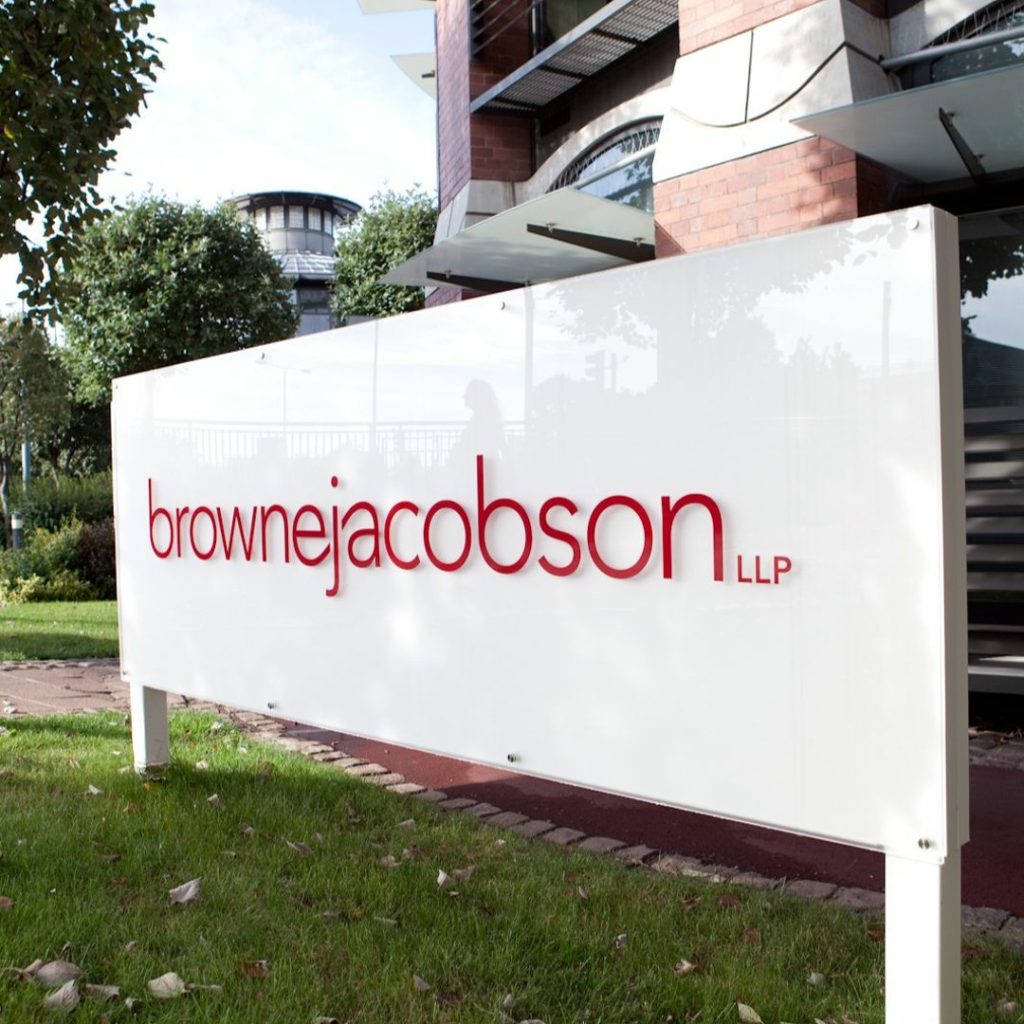Widespread Commitment: 80% of UK organisations cite sustainability as a priority, with nearly 75% willing to sacrifice income or profit to meet ESG goals.
Credibility Risk: Inconsistent ESG language undermines impact, with vague terms increasing exposure to reputational and regulatory risk.
Strategic Clarity Needed: Research calls for robust, audience-aligned communication to enhance ESG credibility and reduce legal risk.
A new report by the University of Nottingham and law firm Browne Jacobson reveals that UK organisations remain firmly committed to ESG and sustainability, despite political shifts in the UK and US. The study, based on input from nearly 250 private and public sector bodies, found over 80% of organisations say sustainability is important, and three-quarters are willing to trade income or profit to meet their ESG objectives.
“Our research shows how UK organisations are standing firm in their drive to operate responsibly,” said Dr Victoria Howard, Project Lead at Browne Jacobson and DEI Specialist at the University of Nottingham.
The research, ESG and Sustainability: Rethinking Communications and Credibility, highlights a core challenge: confusing and inconsistent language. Terms like “ESG,” “sustainability,” “DEI,” and “green” are often used interchangeably without clarity, making it difficult for stakeholders to grasp the real impact or authenticity of a company’s efforts.
“There are so many terms, with inconsistent meanings, used to talk about ESG… that key messages get lost or misinterpreted,” Howard said. “Our recommendations support organisations to communicate more effectively… ensuring that accurate messaging reflects organisational values and demonstrates credibility.”
RELATED ARTICLE: SSR Mining Publishes ESG and Sustainability Report
Professor Louise Mullany, Director of Linguistic Profiling for Professionals at the University of Nottingham, warned that poor communication could become a strategic liability:
“Vague language, or strategies that over-exaggerate, run the risk of becoming meaningless… where accountability and governance are becoming increasingly important components to organisational success.”
The report calls for audience-specific, clear language—tailored to employees, investors, regulators, and customers—to avoid reputational damage and enhance governance outcomes.
Jeremy Irving, Partner and Head of Financial Services Regulatory at Browne Jacobson, emphasized the growing legal implications:
“The findings on appropriate language make for more effective management of the reputational, legal, and other risks associated with sustainability strategies… such as a greater willingness to pursue allegations of ‘greenwashing.’”

Ben Standing, Partner and Head of Sustainability Strategy at the firm, added:
“ESG is fundamentally about sustainable organisations. Attracting the best talent, reducing costs and driving growth.”
With regulators and investors demanding greater transparency, the message is clear: ESG and sustainability are no longer soft initiatives. They are business imperatives—but only as credible as the language used to communicate them.
Follow ESG News on LinkedIn

